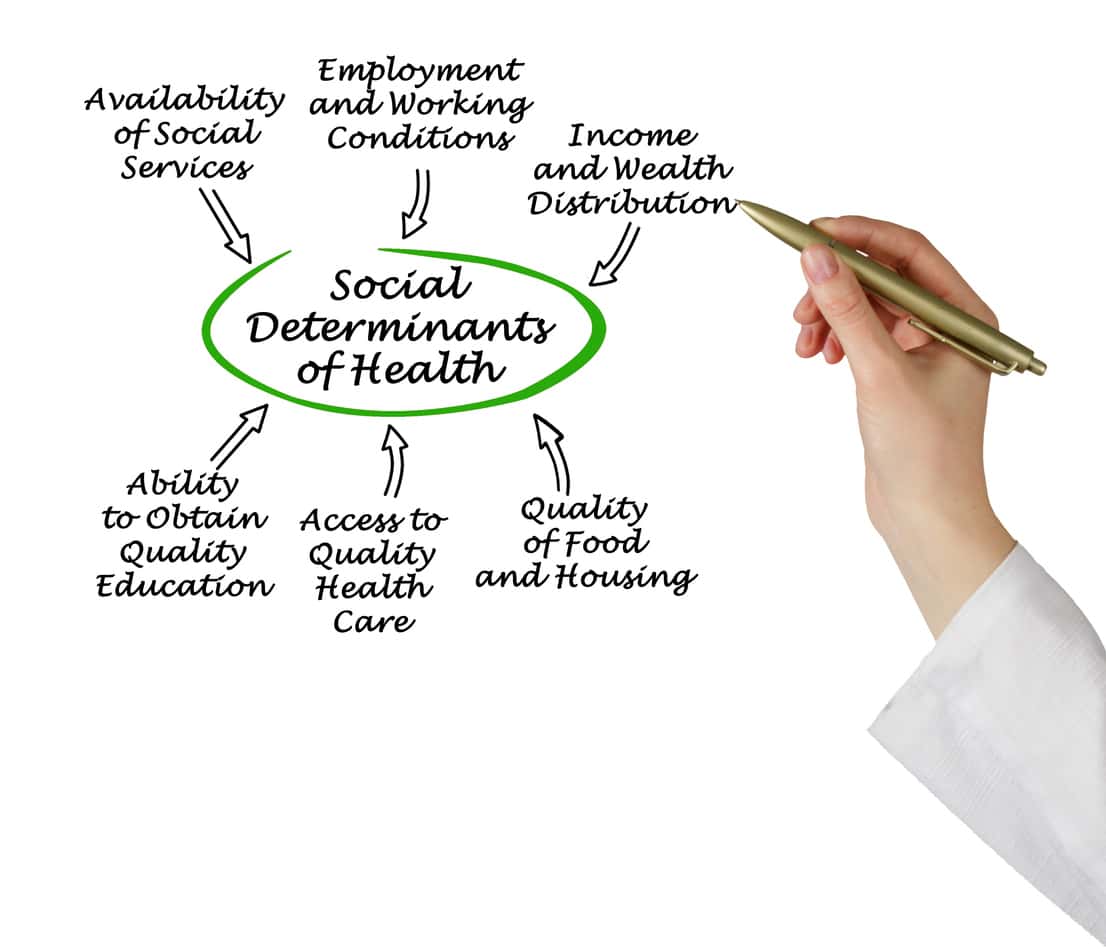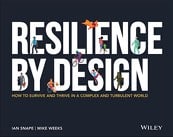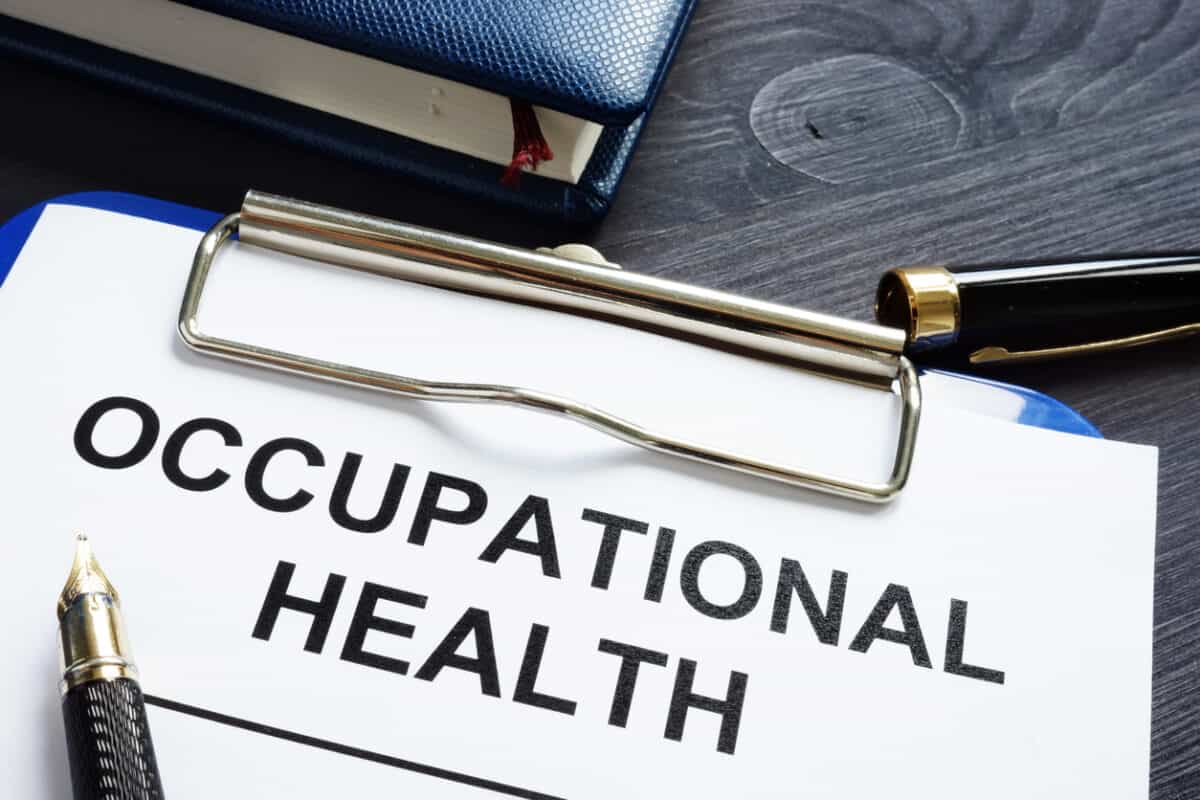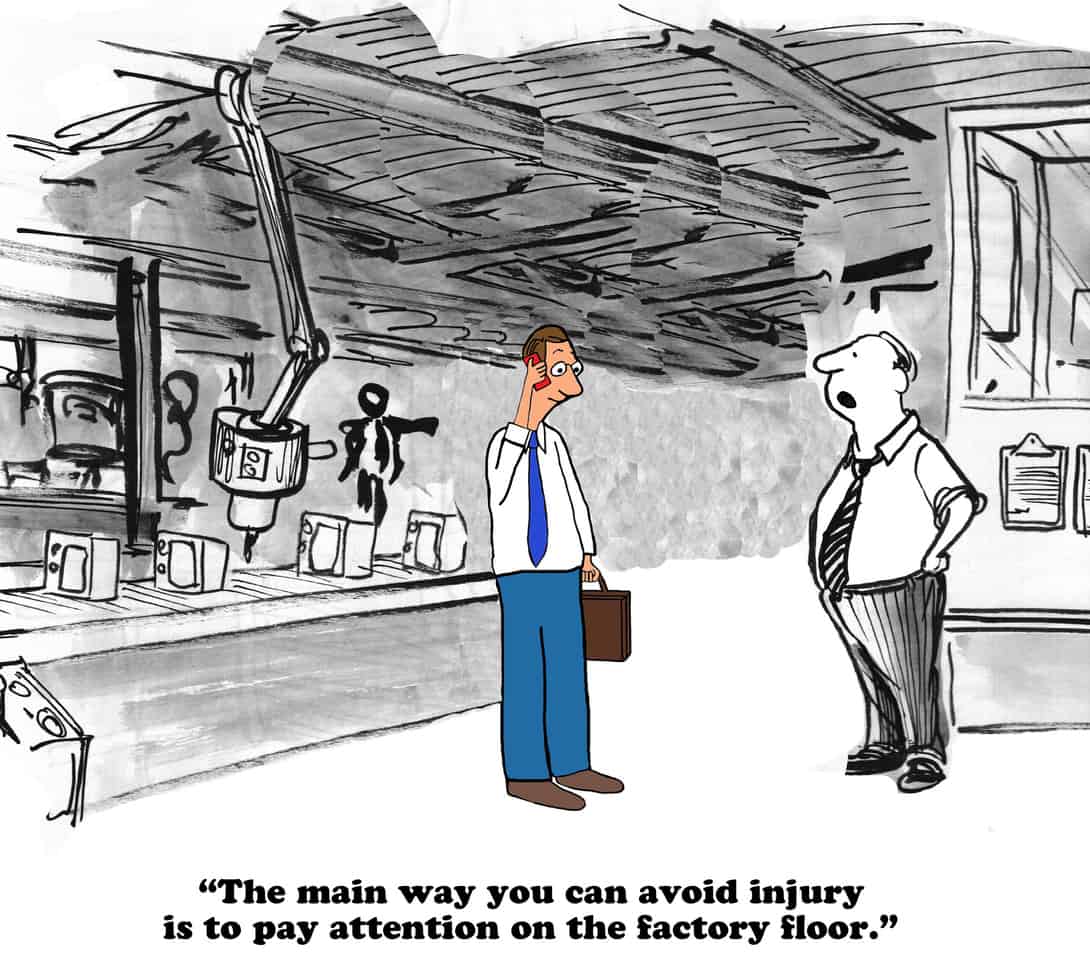OK, let me own up. In 1999, I wrote Working for Life A Source Book on Occupational Health for Women. Earlier, I was posted to Indonesia to head up a program on occupational health and safety with the International Labour Organisation (ILO). I was supposed to improve the skills of labour inspectors, using specific training devised by other highly paid experts with the ILO.
What wasn’t included was how to cover corruption and studied ineptitude. Factory inspections inevitably concluded with the uniformed inspectors carting goods ‘donated’ back home.






